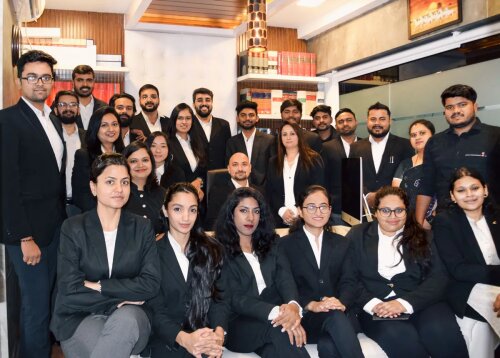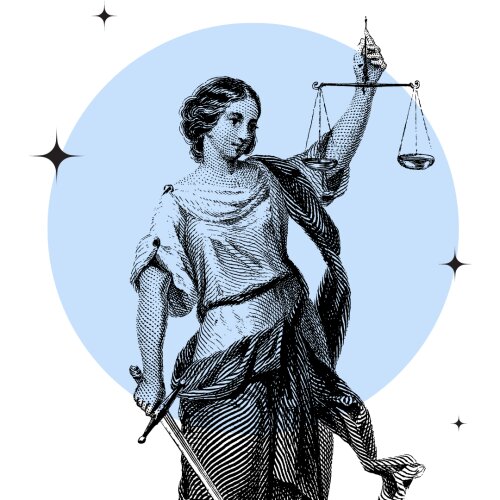Best ADR Mediation & Arbitration Lawyers in Bengaluru
Share your needs with us, get contacted by law firms.
Free. Takes 2 min.
List of the best lawyers in Bengaluru, India
About ADR Mediation & Arbitration Law in Bengaluru, India
Alternative Dispute Resolution (ADR) refers to methods used to resolve legal disputes outside of traditional court litigation. Mediation and arbitration are two common forms of ADR. In Bengaluru, India, ADR Mediation & Arbitration is governed by various laws and regulations.
Why You May Need a Lawyer
There are several situations in which you may require the assistance of a lawyer in ADR Mediation & Arbitration. Some common examples include:
- When you need help understanding your rights and obligations in the mediation or arbitration process
- If you are facing a dispute and need guidance on whether ADR is the right option for you
- When you need representation during mediation or arbitration proceedings
- If you are unsure about how to enforce or challenge an ADR award or settlement
- When you are facing difficulties in negotiating or reaching an agreement with the other party
Local Laws Overview
In Bengaluru, the primary legislation governing ADR Mediation & Arbitration is the Arbitration and Conciliation Act, 1996. This Act provides the framework for conducting arbitration proceedings and recognizes the enforceability of arbitral awards. Additionally, various other laws, such as the Code of Civil Procedure and specific sector-specific laws, may also apply to ADR Mediation & Arbitration in Bengaluru.
Frequently Asked Questions
1. What is the difference between mediation and arbitration?
Mediation is a non-binding process where a neutral mediator helps parties in dispute reach a voluntary settlement. In contrast, arbitration is a binding process where an arbitrator or panel of arbitrators renders a final decision, known as an award, which is enforceable by law.
2. Is the decision reached in arbitration legally binding?
Yes, the decision reached in arbitration is legally binding and can be enforced by the courts. However, there are limited grounds to challenge or set aside an arbitral award.
3. How long does the ADR Mediation & Arbitration process take?
The duration of ADR Mediation & Arbitration proceedings can vary depending on the complexity of the dispute and the cooperation of the parties involved. It can range from a few weeks to several months.
4. Can I use ADR Mediation & Arbitration for all types of disputes?
While ADR Mediation & Arbitration is suitable for resolving many types of disputes, it may not be appropriate for certain matters, such as criminal cases or disputes involving public interest.
5. How do I select a mediator or arbitrator?
In ADR Mediation & Arbitration, parties typically have the freedom to choose their mediator or arbitrator. It is advisable to select professionals who have experience and expertise in the specific area of law relevant to your dispute.
Additional Resources
For further information and assistance regarding ADR Mediation & Arbitration in Bengaluru, you may find the following resources helpful:
- Bengaluru International Mediation, Arbitration, and Conciliation Center (BIMACC)
- National Legal Services Authority (NALSA)
- Indian Council of Arbitration (ICA)
- High Court of Karnataka - ADR Cell
Next Steps
If you require legal assistance in ADR Mediation & Arbitration in Bengaluru, it is advisable to consult with an experienced lawyer specializing in ADR. They can provide personalized advice based on your specific circumstances and help you navigate the ADR process effectively.
Lawzana helps you find the best lawyers and law firms in Bengaluru through a curated and pre-screened list of qualified legal professionals. Our platform offers rankings and detailed profiles of attorneys and law firms, allowing you to compare based on practice areas, including ADR Mediation & Arbitration , experience, and client feedback.
Each profile includes a description of the firm's areas of practice, client reviews, team members and partners, year of establishment, spoken languages, office locations, contact information, social media presence, and any published articles or resources. Most firms on our platform speak English and are experienced in both local and international legal matters.
Get a quote from top-rated law firms in Bengaluru, India — quickly, securely, and without unnecessary hassle.
Disclaimer:
The information provided on this page is for general informational purposes only and does not constitute legal advice. While we strive to ensure the accuracy and relevance of the content, legal information may change over time, and interpretations of the law can vary. You should always consult with a qualified legal professional for advice specific to your situation.
We disclaim all liability for actions taken or not taken based on the content of this page. If you believe any information is incorrect or outdated, please contact us, and we will review and update it where appropriate.
















